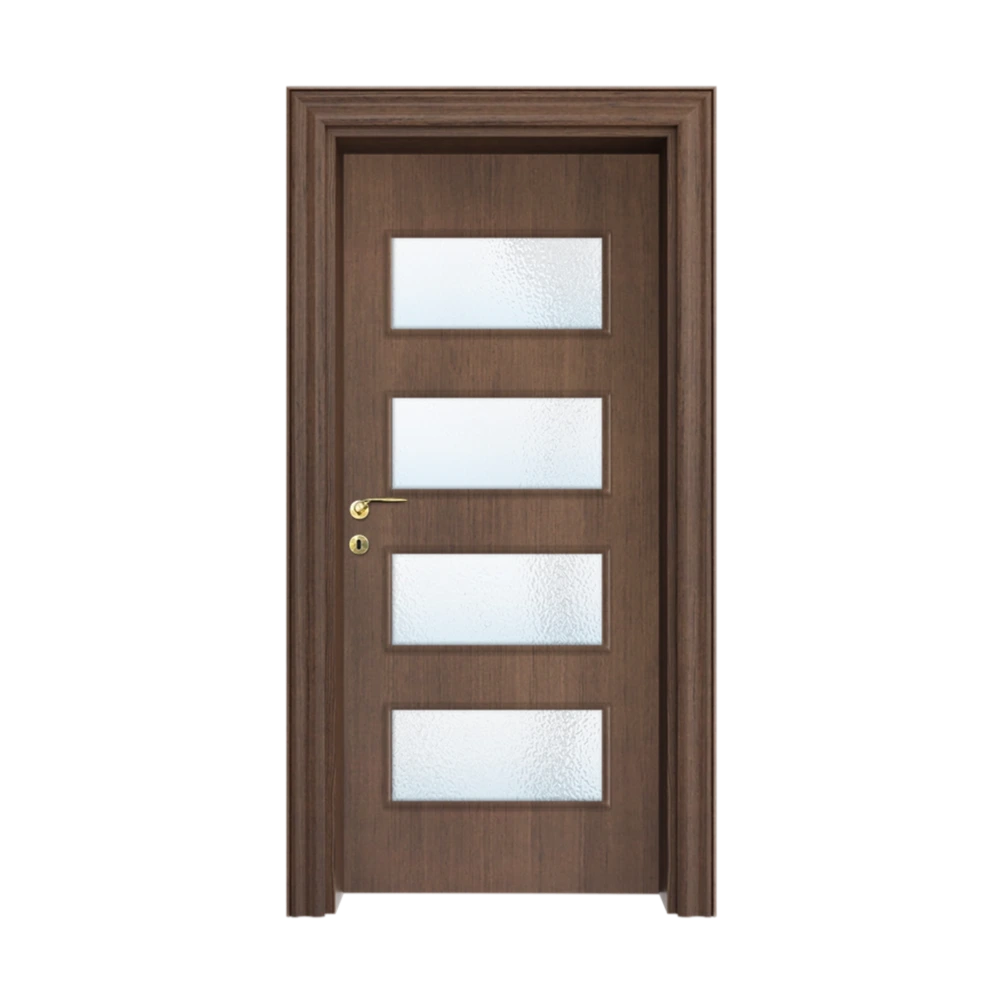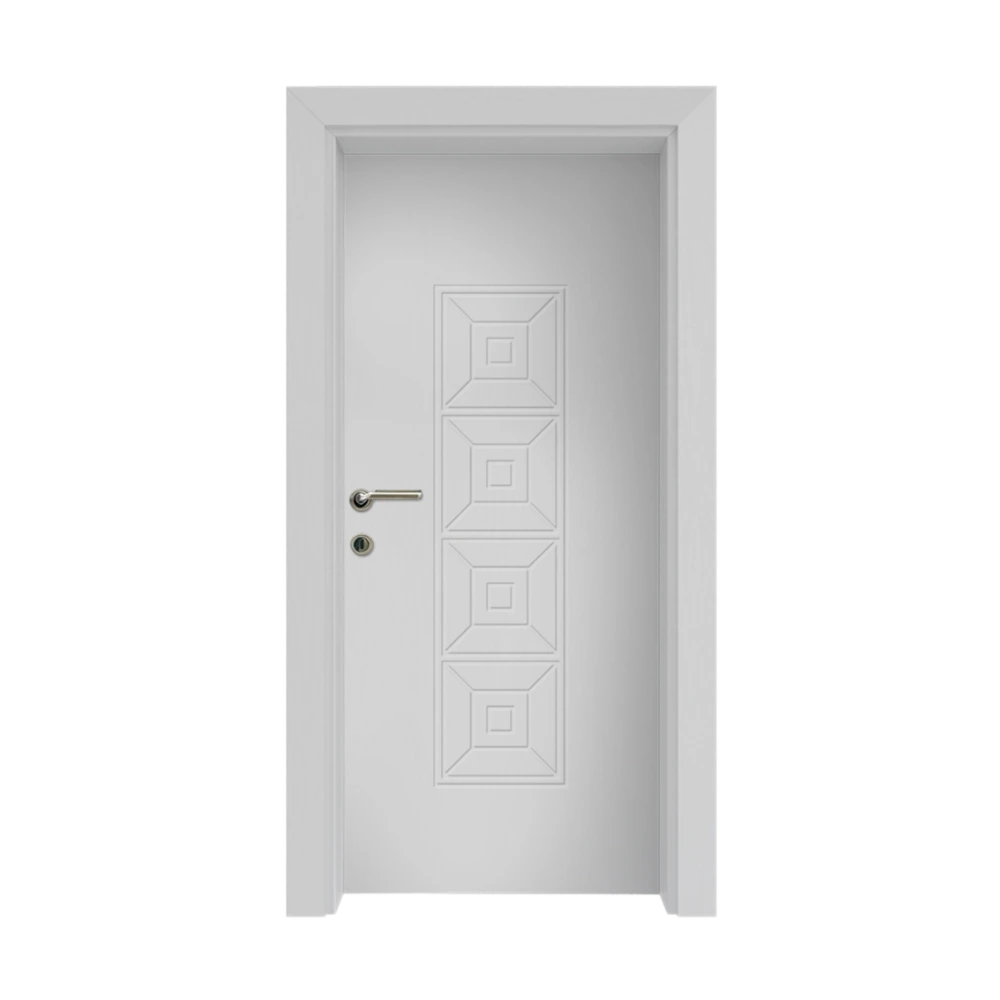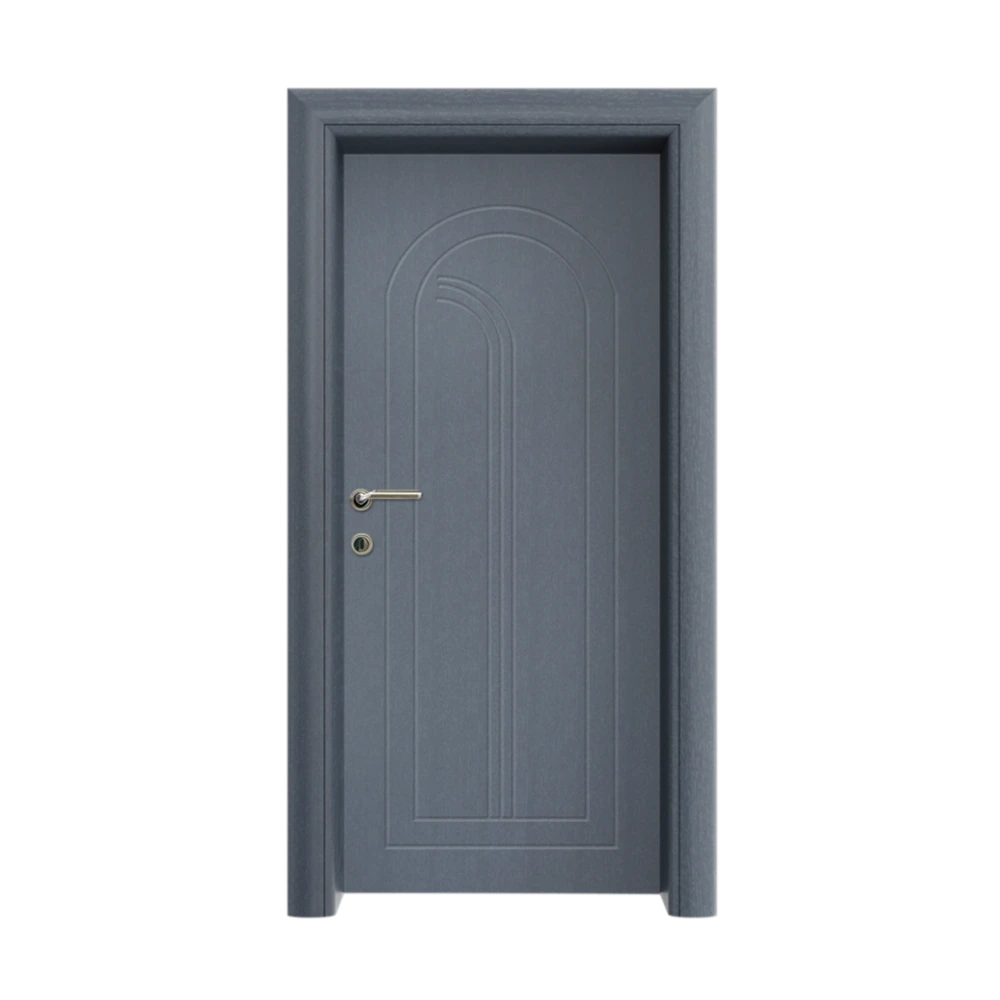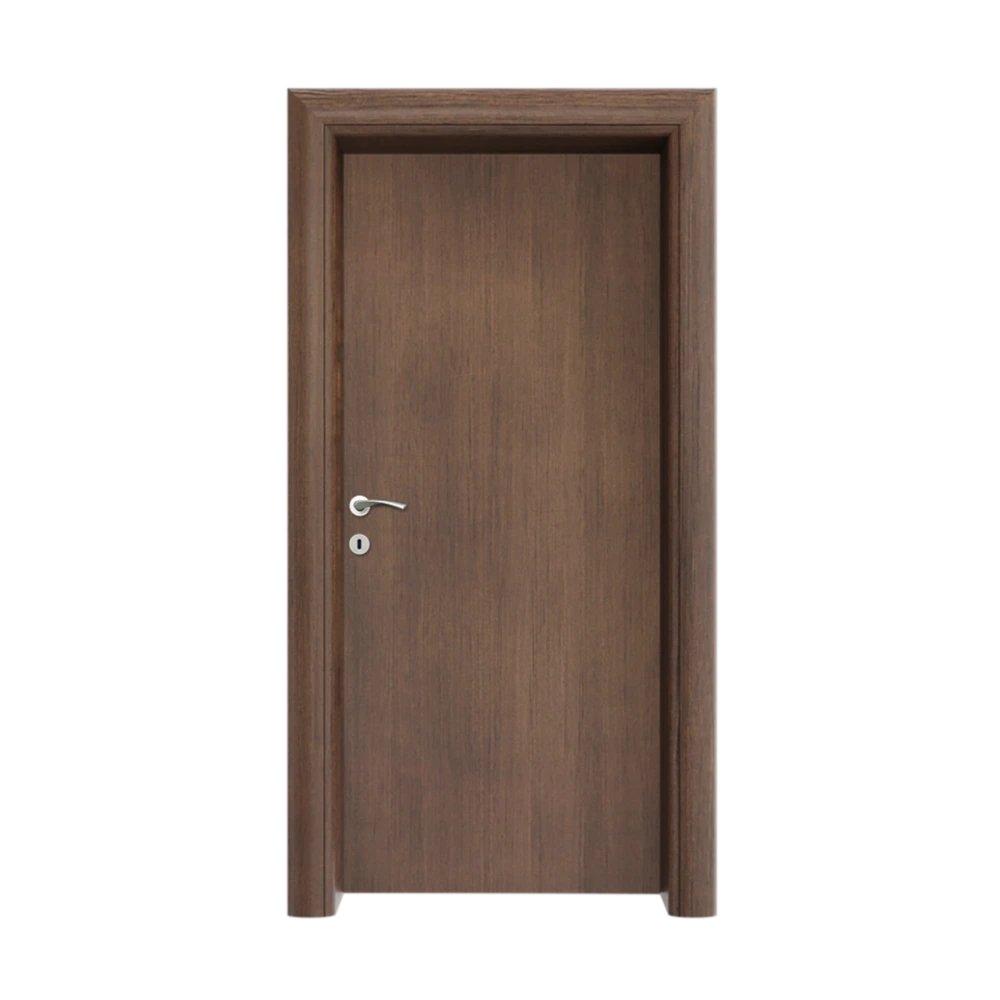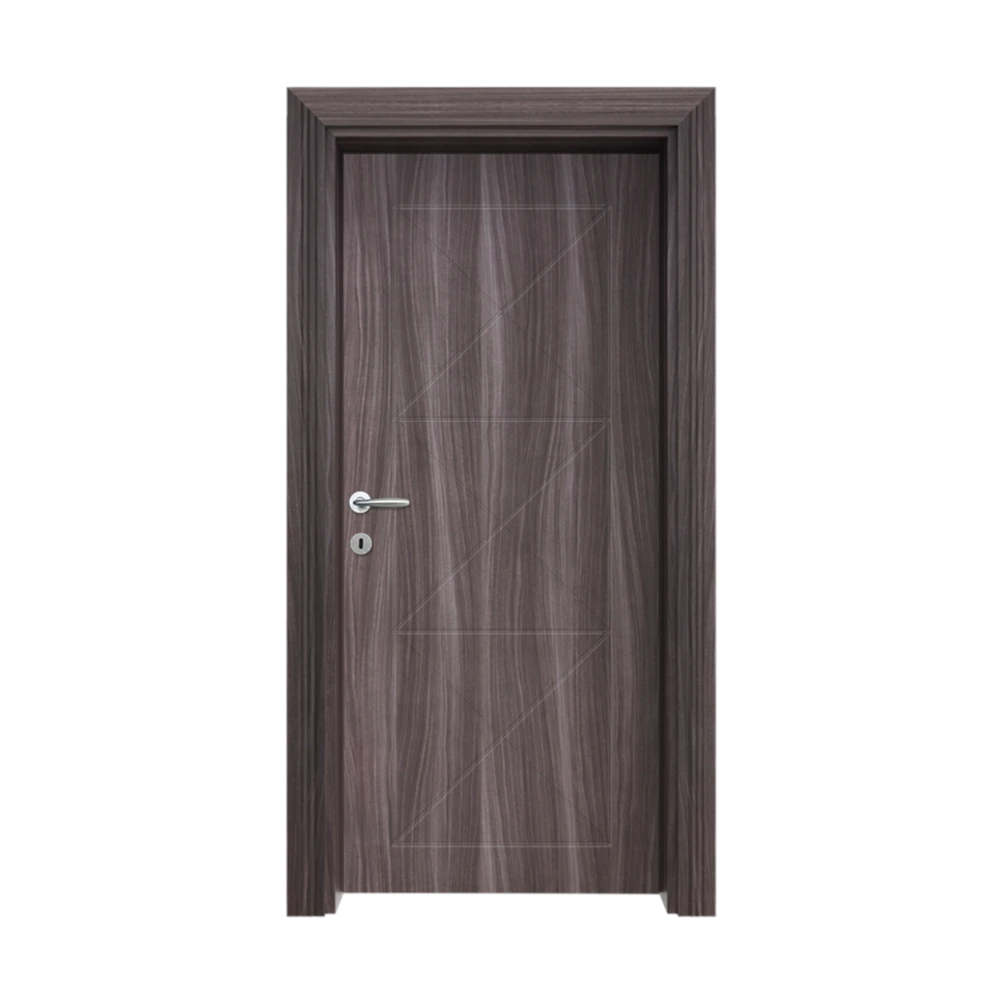

DitoDoro е водечки производител на современи внатрешни врати и модерни ентериерни решенија, лидер на пазарот во југоисточниот регион.
Дознај повеќеБројките зборуваат сами за себе!
години искуство
во производство на собни вратипрофесионалци
искусни и посветениасортиман
20+ бои • 50+ рачки • 10+ стаклапазари низ Европа
Извоз во Грција, Швајцарија, Словенија, Германија, Италија.Високо ниво на персонализација, секоја врата раскажува посебна приказна.
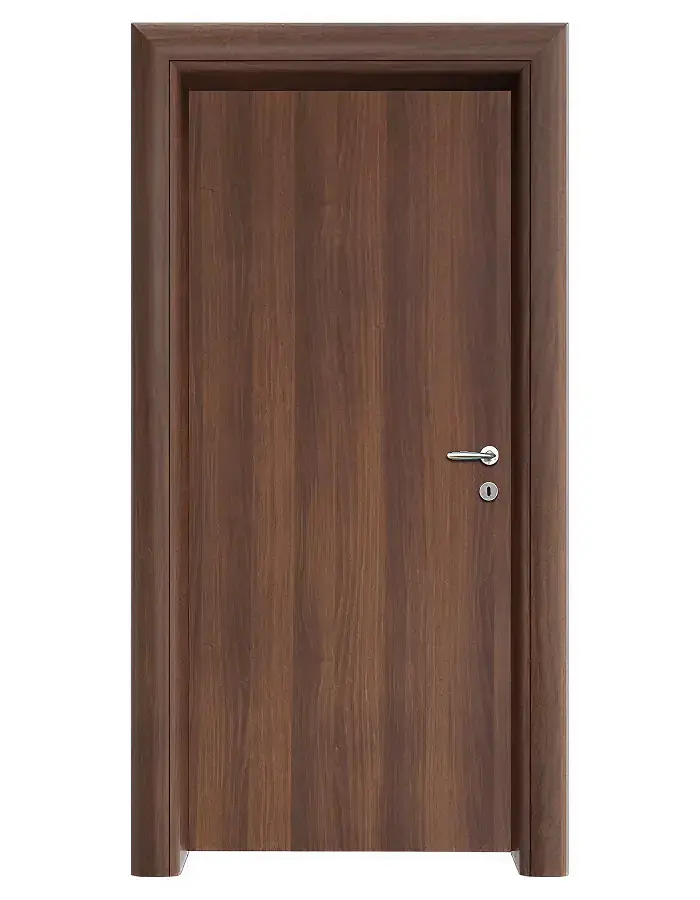
Преку 25 бои на висококвалитетни фолии за вашите внатрешни врати.

Одберете ја совршената врата за вашиот дом или деловен простор. Нашиот каталог нуди богат избор на бои, шари и рачки кои одговараат на вашите потреби и стил. Доколку сеуште не сте сигурни, тогаш дизајнирајте ја идеалната врата по ваш избор!
Проектирајте ја вашата идеална внатрешна врата според вашиот стил и простор, брзо лесно и едноставно.
